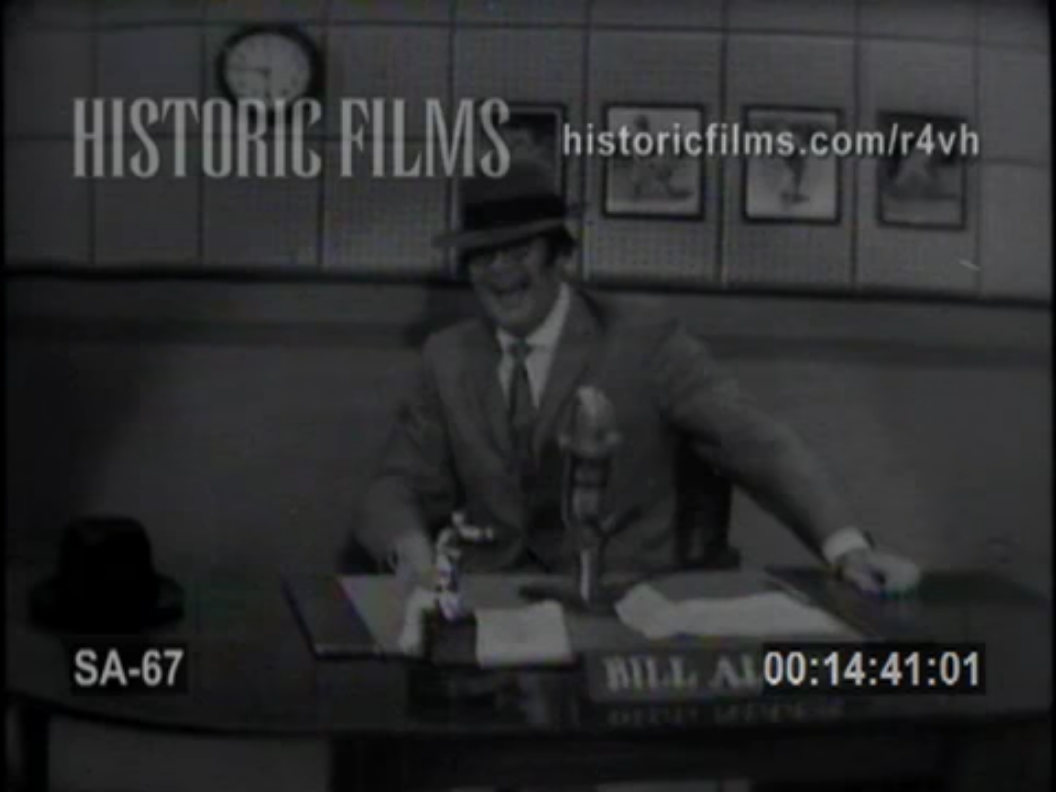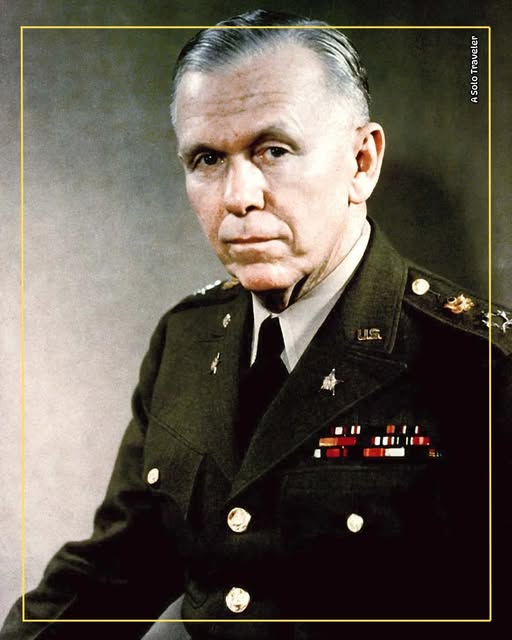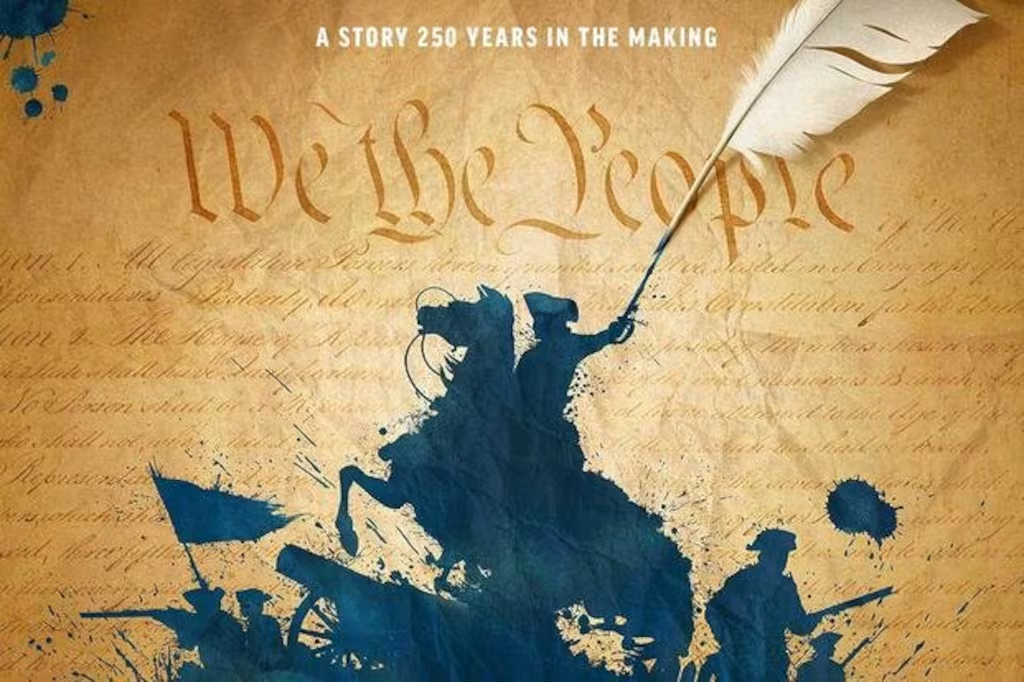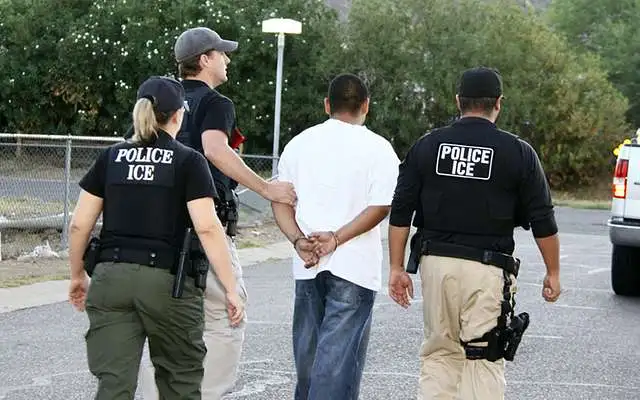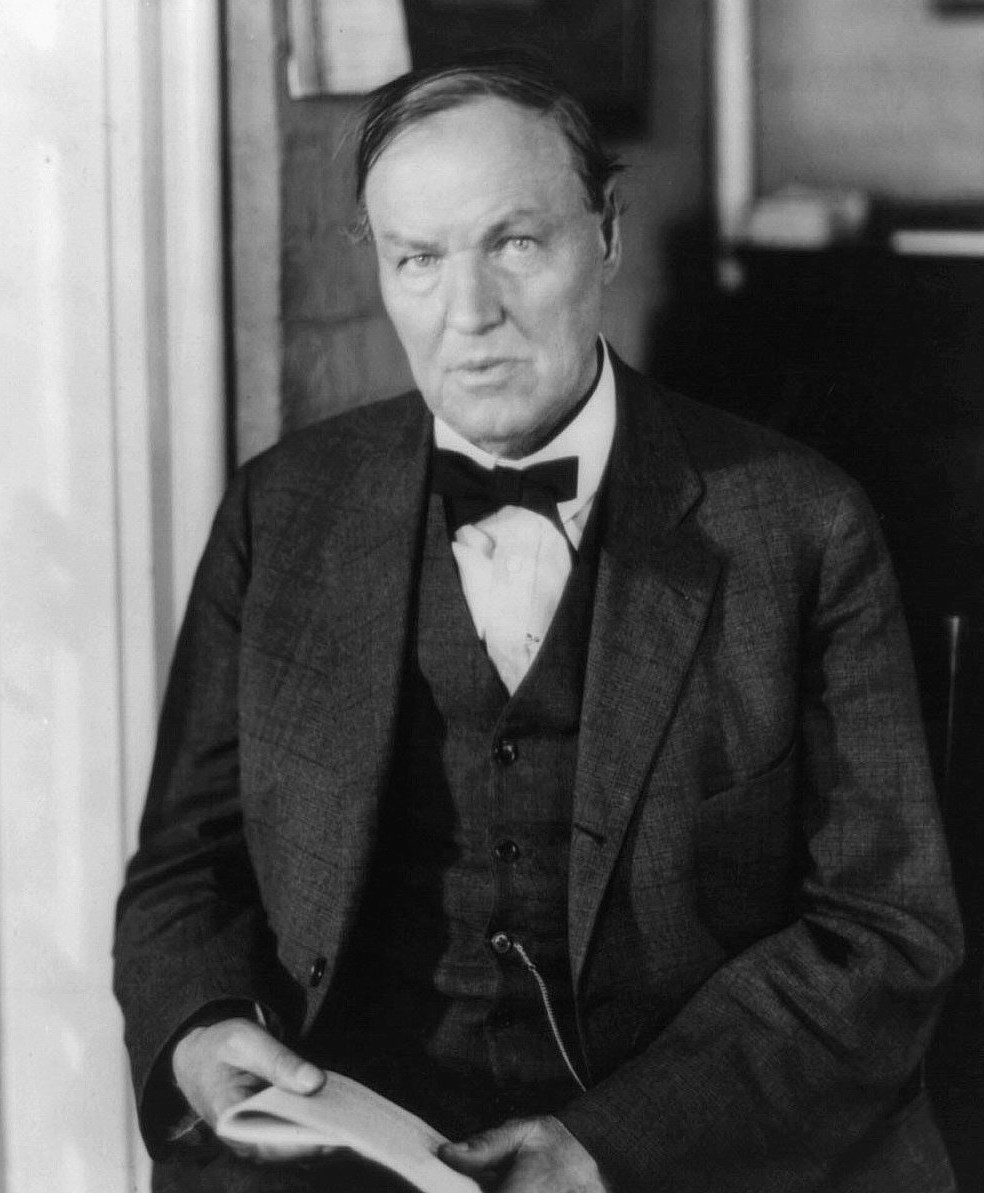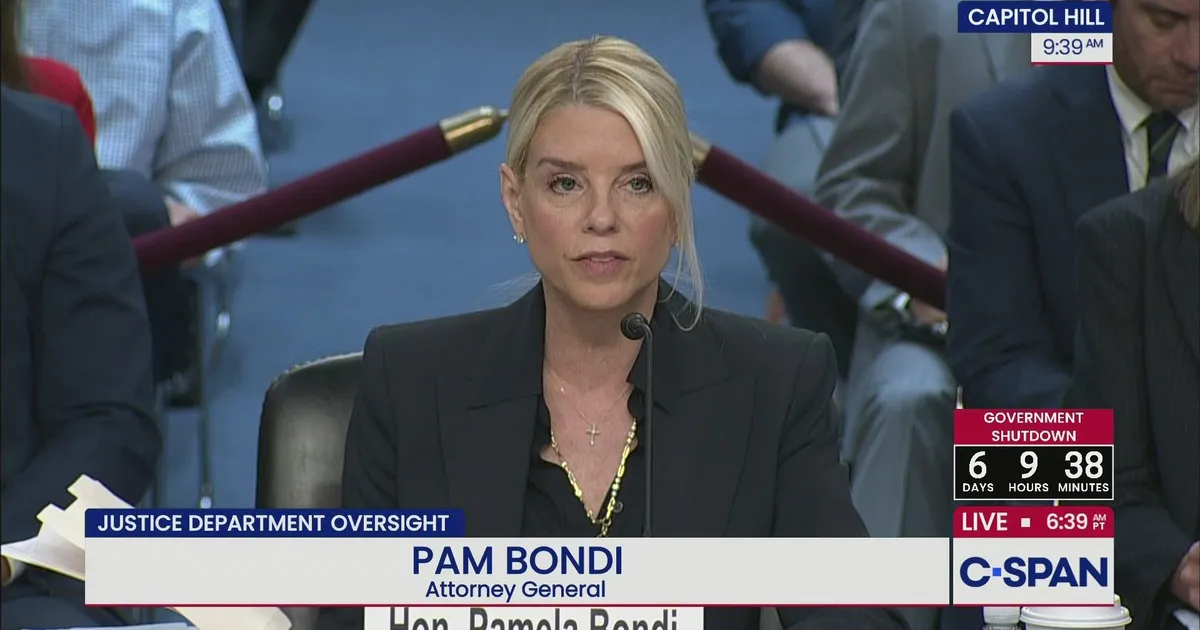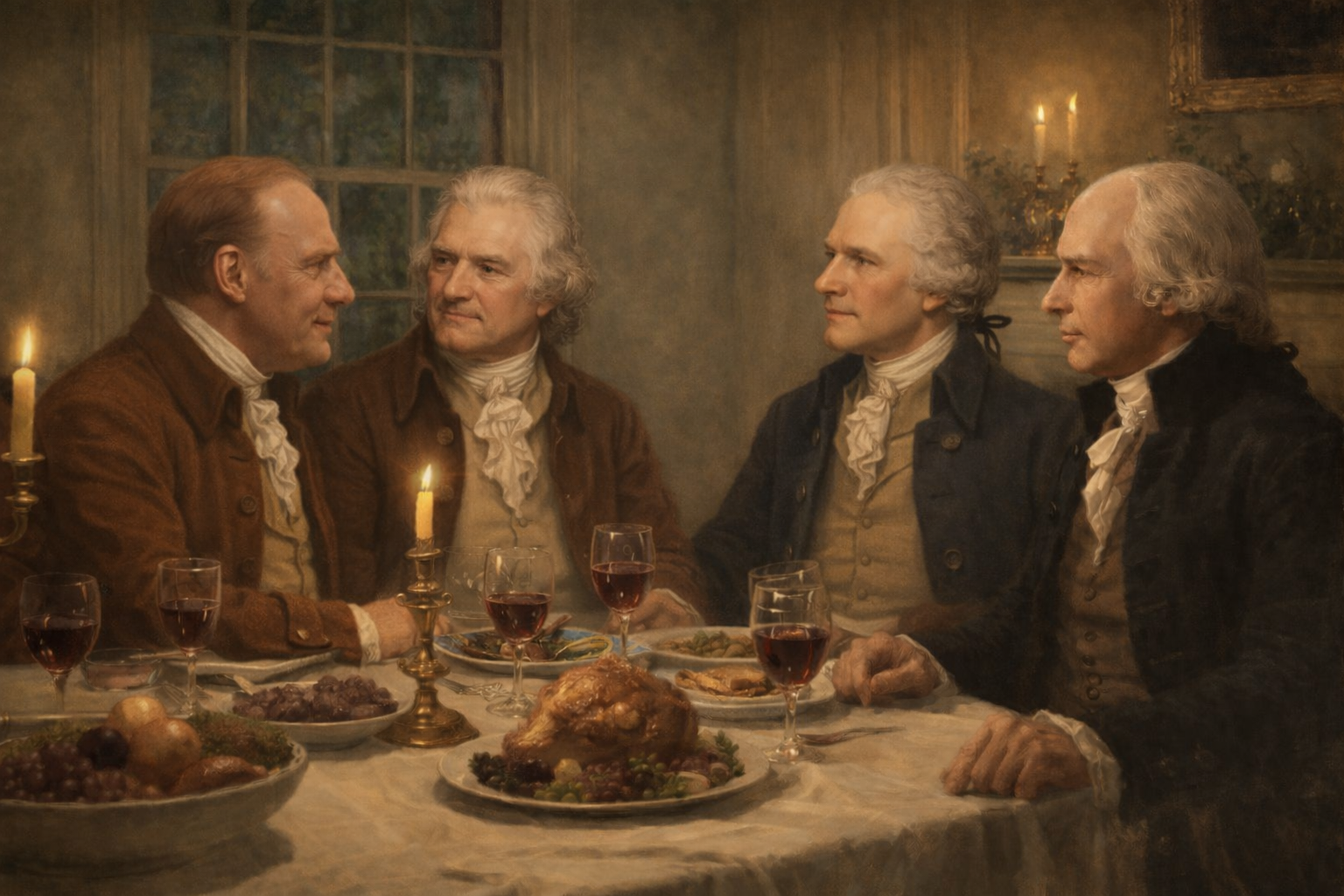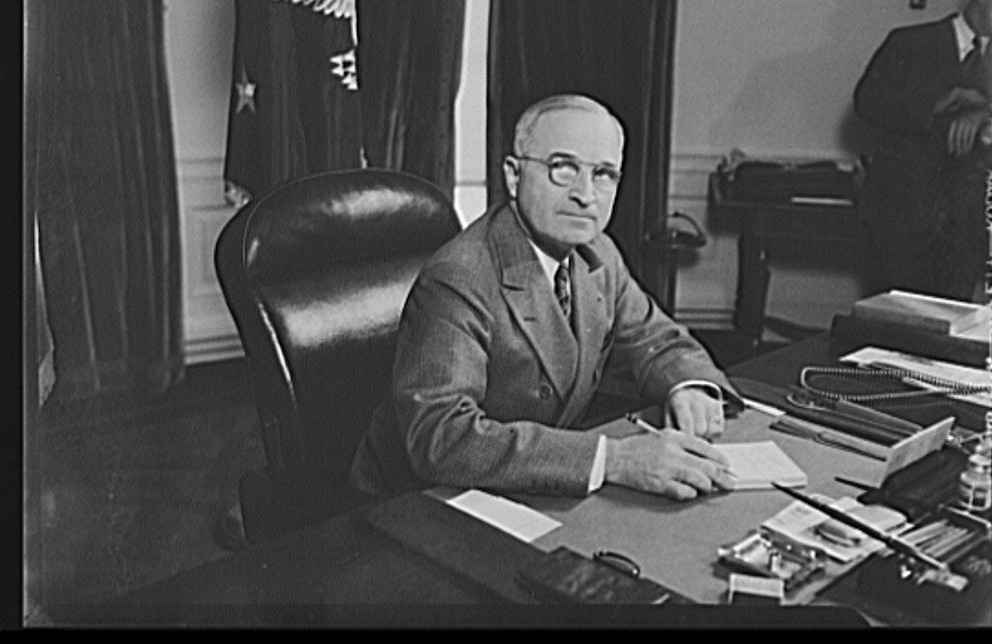
photo: AP
What separates a good leader from a great one isn’t intelligence, charm, or even experience. It’s character—specifically, the willingness to do the right thing when it’s difficult, unpopular, or politically damaging.
We’ve seen this quality in several U.S. presidents, but four in particular stand out—not for partisan wins, but for the ethical backbone they demonstrated when it mattered most.
In 1948, President Harry S. Truman signed Executive Order 9981, desegregating the United States Armed Forces. It was a time when segregation wasn’t just tolerated—it was expected, especially in Southern states. Truman’s decision cost him politically. But he saw a deeper truth: that EVERY American who wears the uniform deserves equal treatment and dignity. Who does that include? …CLASS?
President Lyndon B. Johnson faced a similar reckoning. In 1964, Johnson signed the Civil Rights Act; a year later, the Voting Rights Act. These weren’t symbolic measures—they were monumental shifts in American law. And they came at a steep price. Johnson knew he was sacrificing the South politically for a generation. “We have lost the South,” he said. But he signed them anyway. “We shall overcome,” he told Congress—not just echoing a movement, but joining it. When the moral arc of the universe needed a nudge, Johnson helped bend it toward justice.
Then there’s President George H. W. Bush, a man often underestimated in his ethical clarity. In 1991, after the racially motivated murder of an Indian-American man in Texas, Bush didn’t stay silent. He condemned the act publicly, calling it what it was: a hate crime. He used the presidency not to inflame, but to unite. And two years earlier, in 1989, he did something even more politically dangerous—he raised taxes after promising not to. It likely cost him re-election. But Bush put the country’s fiscal stability ahead of personal ambition. That’s what real leadership looks like.
Finally, President Barack Obama, who, during his time in office, faced numerous calls to interfere with Department of Justice investigations—most notably during the probe of Hillary Clinton’s emails. Time and again, Obama refused. He understood the importance of keeping the White House and the DOJ separate—an institutional guardrail that has been tested in recent years. He believed justice must not only be done but be seen to be done. In a hyper-partisan climate, that wasn’t just ethical—it was essential.
Each of these presidents made a choice that risked their political capital. They chose principle over popularity, duty over convenience.
In a time when many elected officials seem more focused on polls and pundits than principle, it’s worth remembering: leadership is not about staying in office. It’s about standing for something.
Doing the right thing doesn’t always win elections. But it’s how we preserve the soul of the republic.
That’s what these four presidents understood—and what we, as citizens, must never forget.
Comments
